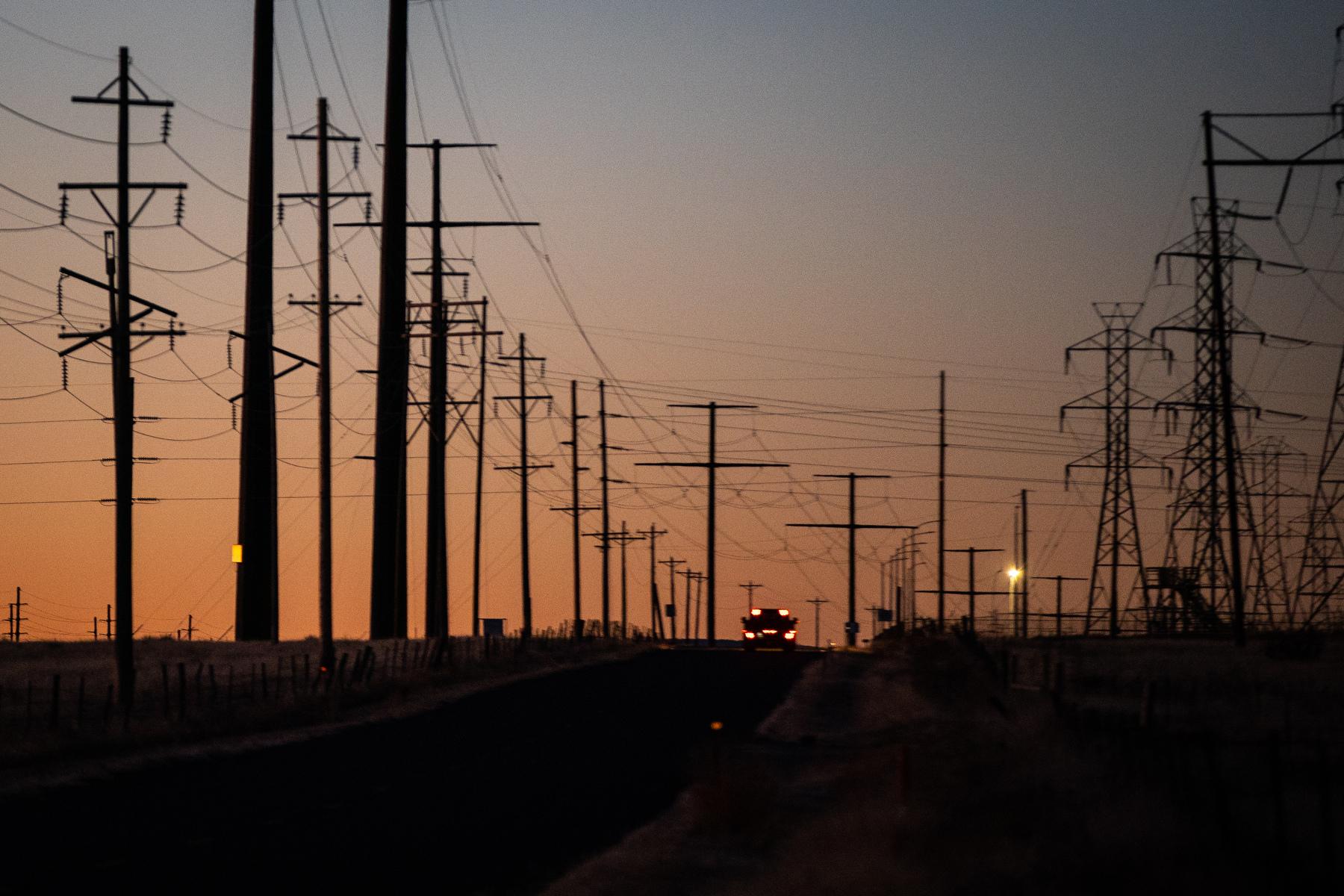There are 135 judges in Colorado who are hoping to keep their jobs this year — and it’s the voters’ job to retain or release judges from across the state’s 22 judicial districts. Every judge on the November ballot meets standards set by a state commission that evaluates the performance of judges.
When you unfold your ballot and start darkening circles, what do you do when you get to the names of judges — largely unfamiliar names to the voting public? Retain all of them? None? How does one judge, well, a judge?
Significance of Judges
Colorado’s 22 Judicial Districts became 23 after a new law in 2020. The plan is to carve out the new 23rd Judicial District from the 18th. The law specified that judges who currently live within the new district boundaries will be reassigned to the new district. A measure on the ballot this year, Amendment D, would amend the state’s constitution and require the governor to reassign judges from the existing 18th Judicial District to the new 23rd on a one-time basis.
Each judicial district is served by an elected District Attorney and has several different types of courts that operate within the district. Colorado has an aptly-named office whose job it is to fairly and accurately evaluate each judge's work — the Colorado Office of Judicial Performance Evaluation. Those evaluations are shared with the public.
All the judges on the ballot are those who have already been on the bench for two years.
Making the most informed decision
The best judges are balanced and informed — and the same is required of voters in order to confidently retain a judge, according to Brittany Kauffman, CEO of the Institute for the Advancement of the American Legal System at the University of Denver.
Kauffman’s advice? Before selecting which judges should get your vote, be sure to look at their time on the bench and performance of duties while on the bench. Evaluate them based on those details, she said. When you’re researching at the Colorado Office of Judicial Performance Evaluation, you can click on the name of the judge and you will see the narrative information that has been developed by the Commission. The narratives list the key qualities that focus on “judging our judges” and provide specific information on how those are met. Those qualities include integrity, legal knowledge, communication skills, judicial temperament, administrative performance, and service to the legal profession and the public.
“What we want from our courts is that they be fair, impartial, transparent, and accessible,” Kauffman said. “People and organizations are often dependent upon courts — and judges — when they are at their most vulnerable. This makes it all the more critical that we have judges who have these attributes.”
DU’s Institute for the Advancement of the American Legal System also published the Cornerstones of State Judicial Selection, with additional information on the key attributes of judges and the state’s court system.
Judging a Judge
Simply put, Kauffman said there are three steps voters should take when considering which judges they will vote for this election:
1. Be willing to participate.
Look at the ballot and also look at the information that's provided about each judge online at the Office of Judicial Performance Evaluation. Do not skip voting for judges. Be willing to engage in the process.
2. Pay attention to the criteria judges must meet for retention.
As laid out in the state's blue book, judges must have integrity, excellent legal ability and legal knowledge, strong communication skills, additional temperament, administrative performance, and the ability to provide service to the legal profession in public.
3. Consider the candidate's history and performance reviews.
Be intentional about reading the judge's retention survey, which is found online at the website listed above. Just because it's stated that a judge meets performance standards, doesn't mean there aren't things mentioned in their report that you should consider.









